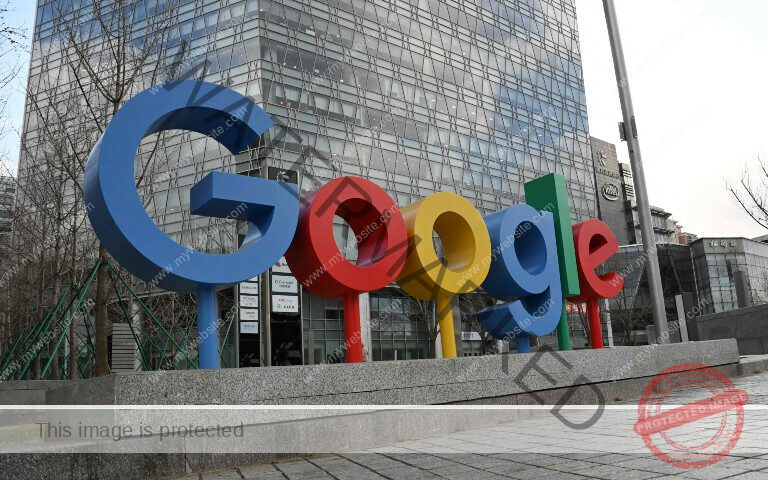ALEXANDRIA (USA): A judge decided on Thursday that Alphabet’s Google unlawfully controls two marketplaces for online advertising technology, giving the tech giant yet another setback and opening the door for US antitrust prosecutors to seek a dissolution of its advertising business.
Google was found accountable by Alexandria, Virginia, district judge Leonie Brinkema for “willfully acquiring and maintaining monopoly power” in the marketplaces for publisher ad servers and ad exchanges, which act as a middleman between buyers and suppliers.
The ruling opens the door for a new hearing to decide what Google needs to do to reestablish competition in those countries, including selling off a portion of the company at an unscheduled trial. Following a similar finding in a case involving online search, this is the second court decision that Google has an illegal monopoly.
Websites utilize publisher ad servers as platforms to host and manage their inventory of digital ads. The technology enables news publishers and other online content providers to profit from the sale of advertisements in addition to ad exchanges. According to Brinkema, the money represent the “lifeblood” of the internet.
“This exclusionary behavior significantly hurt Google’s publisher customers, the competitive process, and, ultimately, consumers of information on the open web, in addition to denying competitors the ability to compete,” Brinkema wrote.
She wrote, however, that a different allegation that the business had a monopoly in advertising ad networks was not proven by anti-trust authorities.
Google will appeal the decision, according to Lee-Anne Mulholland, vice president of regulatory affairs.
She said that the business disapproves of the ruling regarding its publisher tools, saying, “We won half of this case and we will appeal the other half.” “Publishers have a lot of choices, but they pick Google because our ad tech tools are easy to use, reasonably priced, and efficient.”
At lunchtime, Google’s stock was down about 1.6%. According to earlier experts, the internet behemoth best renowned for its search engine would suffer little financial harm from a loss in the lawsuit.
According to the DOJ, Google ought to be forced to sell off at least its Ad Manager, which consists of the business’s ad exchange and publisher ad server. In the past, the business has considered selling its ad exchange in order to satisfy European antitrust authorities.
Point of inflection
Running moment Capital’s chief investment officer, Michael Ashley Schulman, referred to the decision as a “major inflection point” for Google and the internet industry, highlighting the willingness of US courts to consider “aggressive structural remedies” in anti-trust cases.
He stated, “This could raise regulatory risk premiums across major tech stocks, particularly those that operate similarly integrated ecosystems like Amazon and Meta.”
The US Federal Trade Commission is suing Meta Platforms in a different anti-trust action, alleging that the company that owns Facebook, Instagram, and WhatsApp has an unlawful monopoly in personal social networks. Amazon.com has been charged by the FTC with illegally controlling online retail markets. Apple has also been sued by the DOJ on the grounds that it controls a monopoly on smartphones.
The persistent bipartisan appeal of anti-trust enforcement is demonstrated by the fact that those cases have been pursued during both Republican and Democratic administrations, including the first and second terms of President Donald Trump.
Google could now be ordered by two courts to liquidate assets or alter its business methods. The DOJ’s proposal that Google sell its Chrome browser and take other steps to end its dominance in internet search will go to trial next week before a court in Washington.
The DOJ and a group of states said Google employed traditional monopoly-building strategies during a three-week trial on the company’s advertising division last year.
SOURCE: DAWN NEWS





